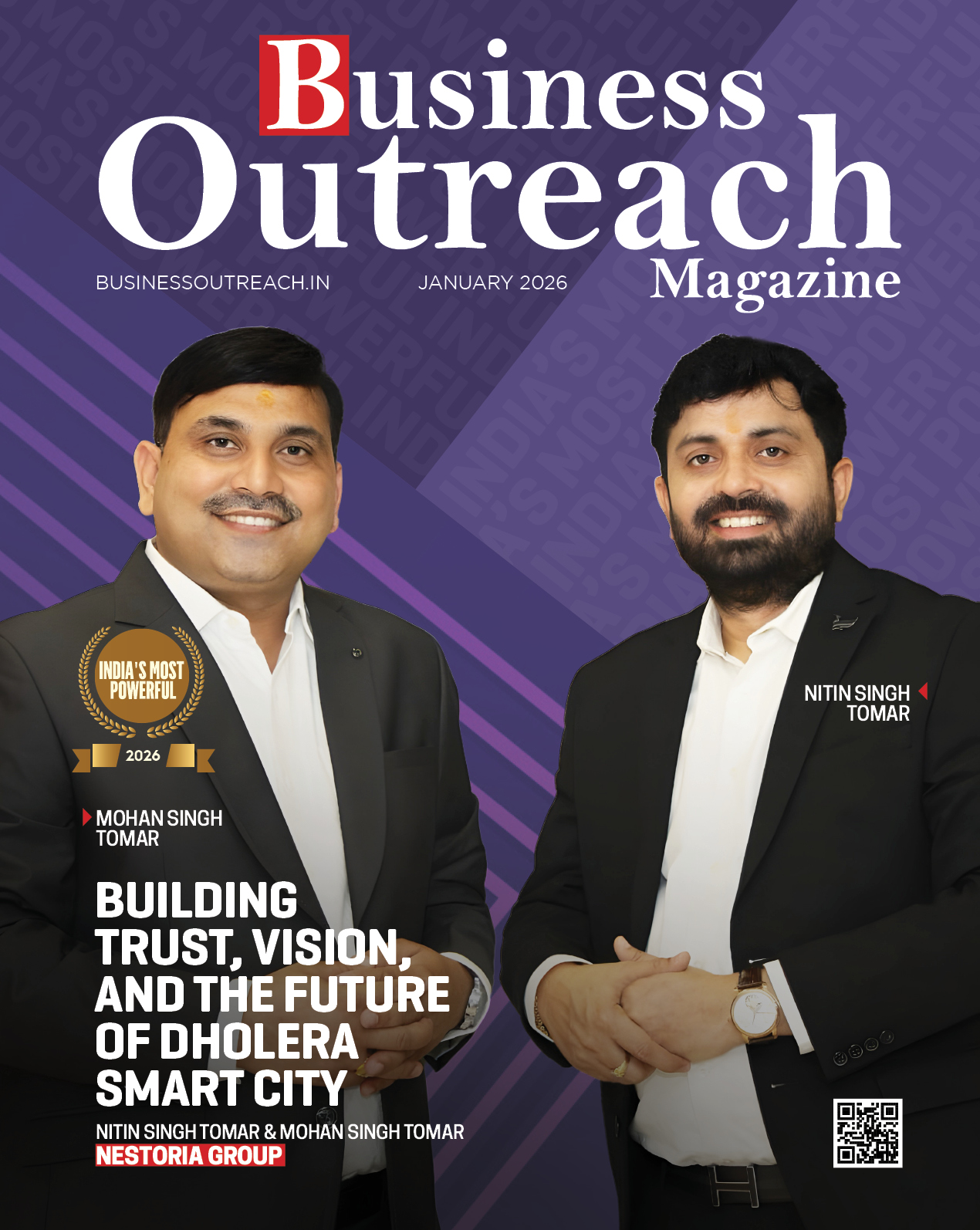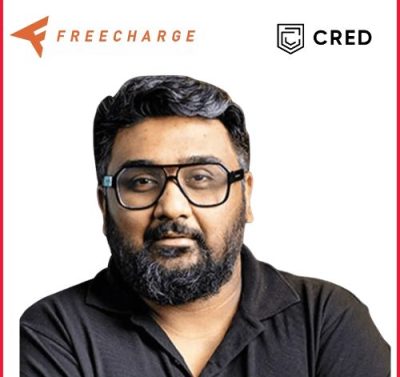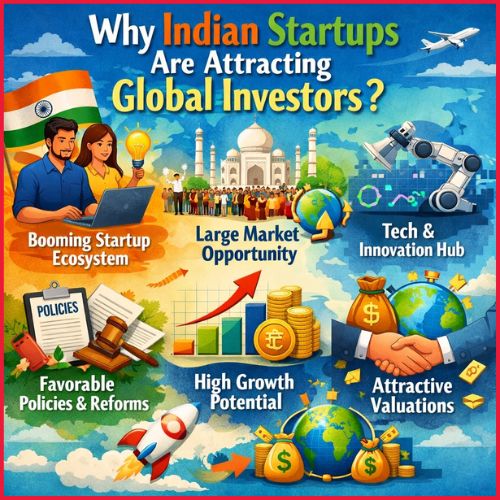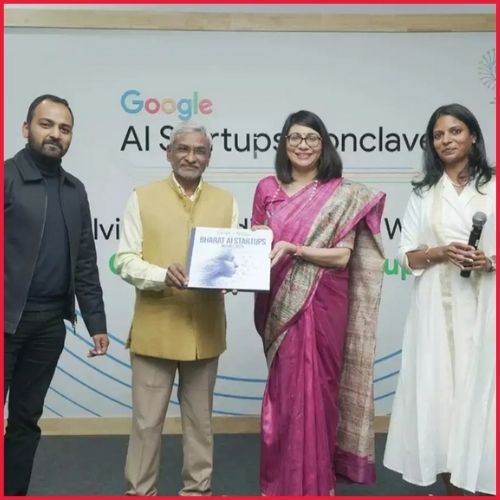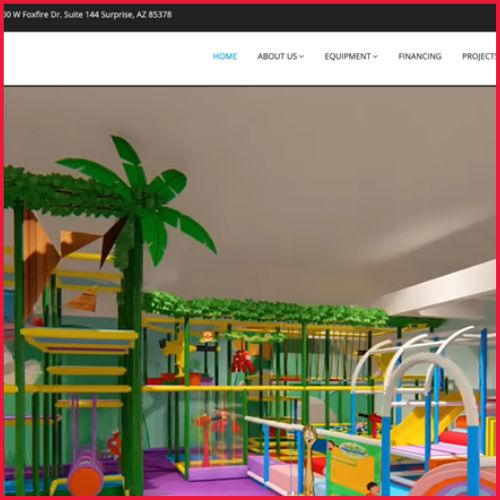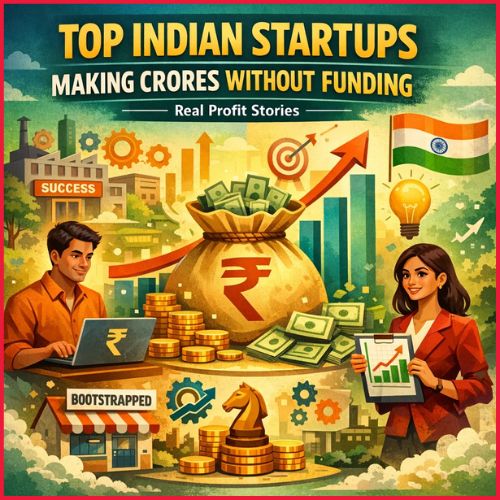The funding round witnessed the participation of Avendus Future Leaders Fund who presented itself as a financial advisor to assist the farm-to-fork startup in carrying out the transaction.
Licious, Bengaluru-based D2C (direct-to-consumer) meat and seafood startup is crowned as a unicorn after the company raised USD 52 million in a Series G funding round led by IIFL AMC’s Late Stage Tech Fund. The latest fundraise elevated Licious valuation to USD 1 billion, making it the first-ever D2C model-based company in India to get listed as a unicorn.
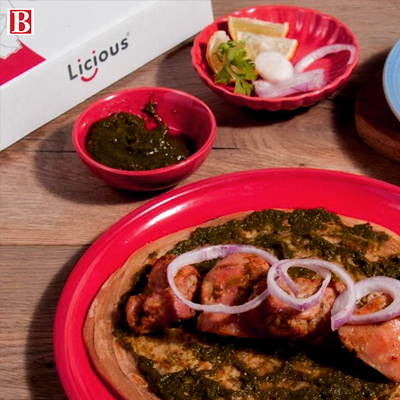
Licious now stands as the 29th unicorn emerging in India in 2021 joining the league of Indian unicorns.
The funding round witnessed the participation of Avendus Future Leaders Fund who presented itself as a financial advisor to assist the farm-to-fork startup in carrying out the transaction.
In order to serve the targeted D2C segment of the market, Licious had expanded its operations to the overseas market. The proceeds from the Series G round of funding will help the startup to further augment its operational expansion in direct-to-consumer business model in the market which is expected to reach USD 100 billion by 2025. The latest funding will also cushion the meat and seafood startup to give neck-and-neck competition to other companies in the same vertical such as Zappfresh and FreshToHome, etc. and other well-known giants including Swiggy, Grofers, BigBasket, etc.
Vivek Gupta and Abhay Hanjura, founders of Licious shared that despite the significant growth of the D2C segment funding, FMCG is still left behind when it comes to the most attractive segment. The ready to cook meat and seafood sector is witnessed as an undeserved category which holds USD 40 million worth opportunity to grow in the market. Leading the D2C marketplace, Licious aims to grow the segment by inducing investments in technology for supply chain excellence, innovation and product development, etc.
The founders said that in the upcoming years, Licious would focus on constructing business’s sustainability which would perhaps revolutionize the animal protein category in the country. The company would, however, prioritize the fresh meat and seafood segment in the direct-to-consumer model of business in the market. The latest accomplishment of Licious would not only support in the business expansion but would also contribute impeccably to unlock opportunities which will further the growth of the animal protein sector.
On Licious major contribution in disrupting the meat and seafood category, Chetan Naik of IIFL AMC expressed that the ready-to-cook meat and seafood startup has exhibited extreme levels of consumer-focus as well as highlighting the importance of supply chain intelligence which is doubtlessly a requisite for perishable goods. He further said that Licious has emerged as a leading brand in the category which pivots its operational focus on the quality of the product, freshness along with the product innovation making it stand out as a robust brand in the market.
Founded in 2015 by Abhay Hanjura and Vivek Gupta, Licious is now one of the most successful emerging D2C startups which has served 2 million customers till date, offering its services to over 1 million consumers per month. The startup has its operations spread across Bengaluru, Delhi, Hyderabad, Gurugram, Noida, Mumbai, Pune, Chandigarh, Chennai, Kochi, Jaipur, Pondicherry, Kolkata and some more regions in India. The startup offers fresh meat, seafood, mutton, eggs, spreads, kebab and tandoors, prawns, etc.
The startup kick started its operations with the seed investment from Infosys T.V. Mohandas Pai, Kanwaljit Singh and Manipal Global Education Services at an undisclosed value.
Licious was in the highlights earlier this year for issuing ESOP (Employee Stock Ownership Plans) to over a thousand employees which was followed by a buyback in August valued at Rs. 30 crore.
The fresh meat and seafood brand has witnessed undeniable growth of 300 percent since past five years serving 14 cities in India with a promising aim of contributing to the growth of the D2C sector.

